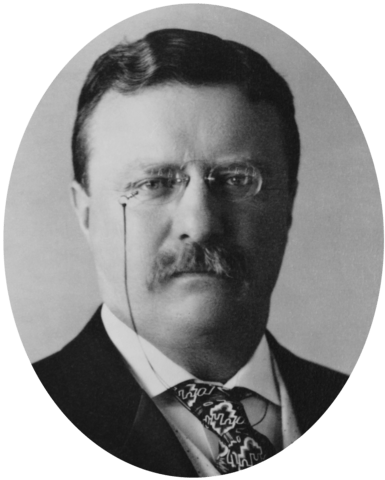In a speech at Boston’s Symphony Hall in August 1902, President Theodore Roosevelt argued that expanding interstate and international commerce inevitably resulted in the growth of corporate power. But Roosevelt also warned that corporations were using loopholes in the U.S. federalist system of governance to avoid regulatory oversight. “We have a great, powerful, artificial creation which has no creator to which it is responsible,” Roosevelt said of the giant corporations of his day. Arguing that state governments could not regulate interstate commerce effectively, Roosevelt called for national laws that would “make the control real.”
In this excerpt of his 1902 speech, how does Roosevelt position himself as a conservative, defending the rule of law and interests of property? How does he assess corporate oversight by state governments? Roosevelt’s prescient warnings about state versus federal regulation continues to resonate today, with the added challenge of exerting oversight of giant multinational businesses.
In his concluding comments, Roosevelt argues that forcing corporations to disclose their business practices would “cure many evils.” How does Roosevelt’s appeal to “publicity” foreshadow the ongoing struggle between governments and businesses over what information should be disclosed to regulators and the public?
Citation:
Alfred Henry Lewis, ed. A Compilation of the Messages and Speeches of Theodore Roosevelt, 1901-1905. 67-72. Washington, DC: Bureau of National Literature and Art, 1906.
Library Item date:
1902
